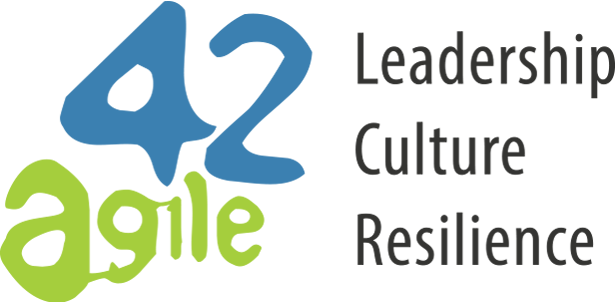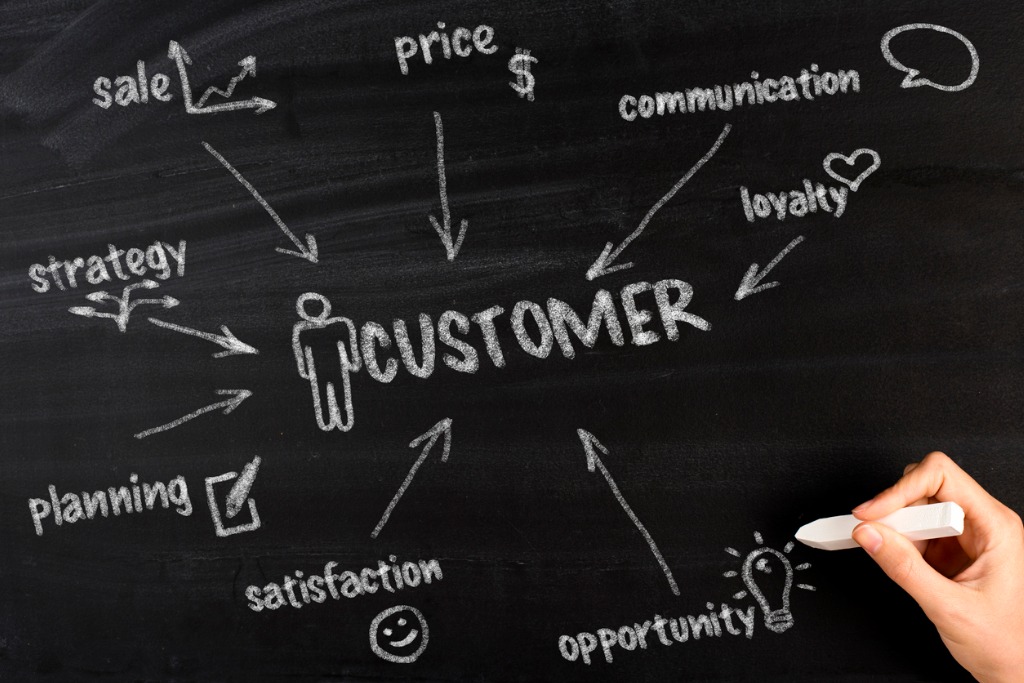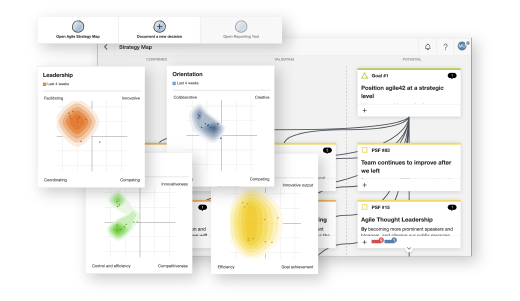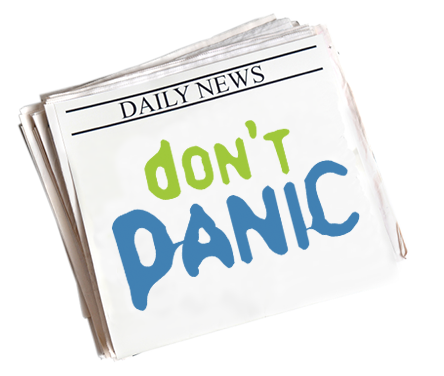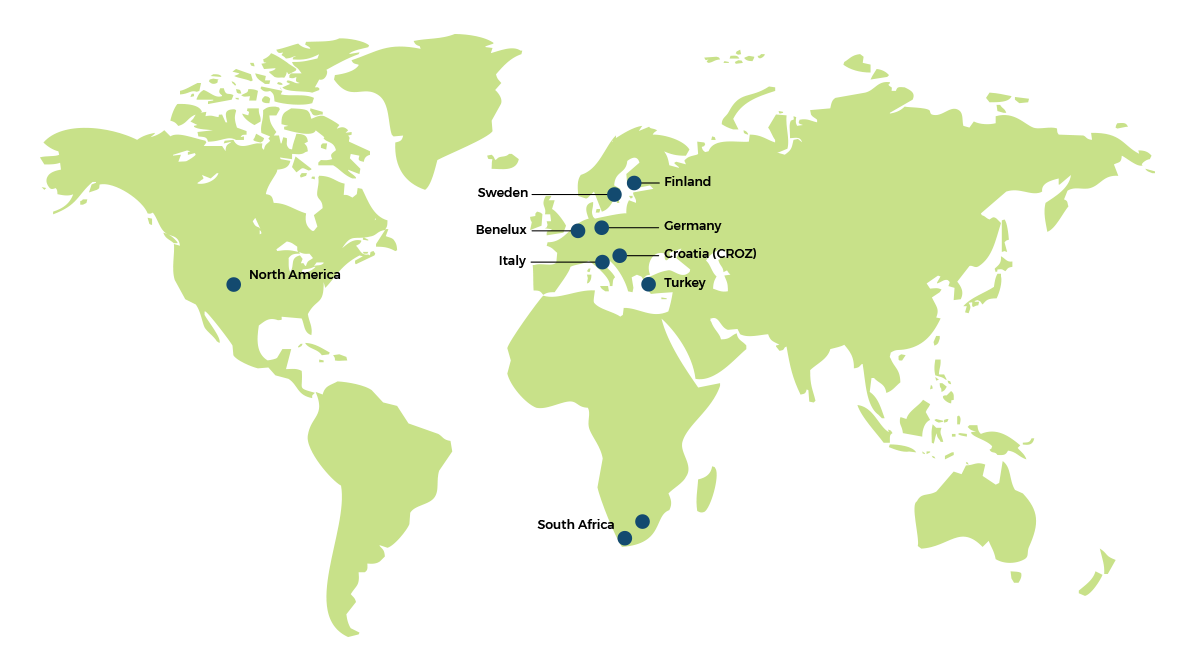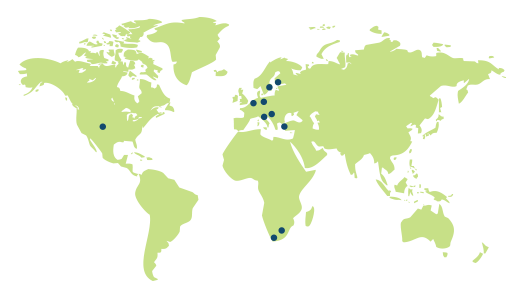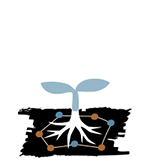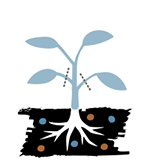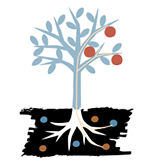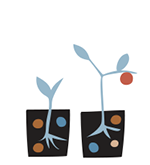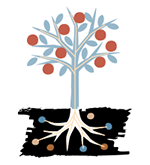Agile Transformation
All our services are available remotely
Digitalization challenges product- & organizational development
- You want your organization to become resilient and adapt to an agile way of working?
- An agile mindset is crucial for you in all areas of the organization?
- Your organizational focus is to deliver high customer value?
- State-of-the-art team structures & interactions is what you like to establish?
- You like to effectively manage distributed agile teams?
- You want to improve product development, time-to-market, performance and quality?
The Agile Change
Focus on 5 important principles!
Whether your goal is to go through an agile transition, support a digital transformation or increase business agility in your organization, the ORGANIC agility Framework understands your organization as a complex environment, is designed to build leadership capability, respects the human factors and creates the resilience you need for a successful future.
1
Increase Cultural Awareness and Coherence:
Understand your organizational culture and how to create coherence based on shared principles, without losing diversity
2
Situational Decision Making:
Create a common and transparent framework for decision-making processes that adapts to each specific context
3
Focus on Value Creation:
Find out what your customers actually need and how to get it to them
4
Validating Changes in Small Increments:
Acknowledge your strengths and base your strategy on validated experiments to safely move towards your goals
5
Optimize Flow:
Remove the costs of excessive coordination by distributing control
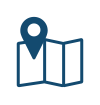
Understand the Status Quo
Make decisions based on data and facts
Your culture, leadership style, decision making processes and how people feel within your company can be made visible. This visibility will enable you to understand priorities as well as important next steps to make changes and engage people to support them.
The Organizational Scan™ (OrgScan) is part of the ORGANIC agility Strategic Tools which helps you to define first experiments to generate new insights.
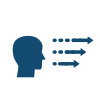
Leadership at all levels
Build leadership capability
It's important to create a mindset of leadership and entrepreneurship within an organization. This does not depend on specific roles and functions but on creating the conditions for everyone to contribute to strategy development, understand its execution in practice, and provide useful feedback. By enhancing the leadership mindset, you essentially get more brains thinking about growing and improving your organization.
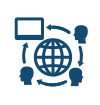
Equip your teams in remote times
Enable people to make decisions
There are only two things in digitalization that are certain: change and uncertainty. Therefore organizations and teams not only have to learn how to develop a product in an agile way, though also how to behave according to the principles of organic organizations.
Especially in times where remote and distributed collaboration are of high importance, the capability of your workforce to make the right decision becomes crucial.
Enterprise Transition - Digital Transformation
You can't buy Agile. Becoming a resilient organization and adapting to an Agile way of working requires a shift in mindset and culture. People need to communicate differently; collaboration between teams will change; and managers will have to become Agile leaders. Our focus is on the business success of our customers. Our coaches have seen and supported many companies in becoming Agile and can quickly recognize gaps in the system, communication failures and technologies that might be posing problems.
5 Steps to your transformation
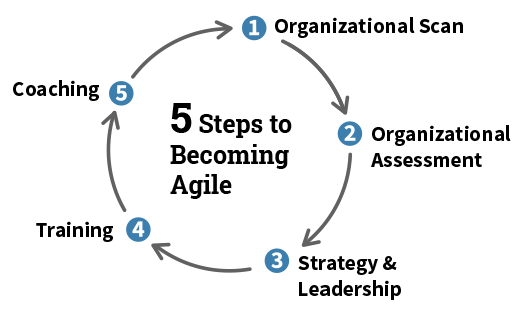
Our experience has guided us to always start a project by conducting an Assessment of the organization, during which we understand existing structures, processes, decision making criteria, which leadership styles are applied and the type of organizational culture which exists. Based on the data collected during the online assessment (OrgScan) and taking into account the level of complexity of your specific environment (e.g. distributed team, multiple timezones, different cultures, more product lines...), we then define goals, structures, strategies etc. together with you to enable the Agile Transformation.
Transitioning to agile, like any major change, requires a clear strategy and a leadership team supporting and enabling the organization. The ORGANIC Leadership® approach focusses on Cultural Coherence, Situational Decision Making, Value Creation, and Value Stream and enables your leadership team to guide the teams as they adopt new working practices, like Scrum, to create an environment of continuous improvement.
The Strategy Map™ is a powerful methodical tool used by many hundreds of leadership teams to understand the change and to see in real time what impact changes and decisions are having.
In order to bring a common understanding of Agile into your organization, we provide interactive and targeted training. These trainings can focus on leadership, teams, roles or technical topics. The base for all our trainings are the agile principles. Here a short overview:
- Executive & ORGANIC agility Leadership Workshops with and without CAL certification
- Team Certifications from the Scrum Alliance, ICAgile, Kanban University and ICF (remote, public and in-house)
- Role-based educations for e.g. Scrum Master, Product Owner & Agile Coaches
While training provides the theoretical knowledge and mainly agile practices, coaching builds on that and focuses on assisting people and teams to discover the most important steps to become Agile. It enables and accelerates their understanding of Agile Principles through everyday work practices. Doing only the practices without having fully understood the principles behind Agile, will hinder and even prevent you from reaching continuous improvement, which is crucial to a long-lasting and sustainable Agile transformation.
On ORGANIC Leadership
sipgate is all about innovation, so the ability to maneuver complex environments is key to us. The ORGANIC agility approach guides our leadership team in the constant efforts to create a more resilient organization by helping us gain an in-depth understanding of all aspects of our value chain and focus of effectiveness for the whole.
ORGANIC agility
Changing the paradigm - From machines to living organism
The drive for ultimate efficiency has led organizational design thinking to visualize organizations as machines. In stable marketplaces this worked well. Today's volatile markets requires a different view and approach. We view organizations as an organism – a living, evolving, complex and interconnected set of parts that is a whole and must work as one.
Today market cycles are rapidly shortening. ORGANIC agility offers organizations a way to resilience, equipping the leadership to deal with complexity and the challenges of today.
Whether your goal is to go through an agile transition, support a digital transformation or increase business agility in your organization, ORGANIC agility is an evolutionary approach to organizational agility and resilience that has been developed by working with hundreds of companies around the world.
Take the ORGANIC Leadership Journey
While leadership recognizes the role they play in any significant organizational change, how they influence that change is often left to chance. Successful transformations all depend on one common ingredient - the adoption of an agile leadership mindset by the leadership team. The ORGANIC Leadership Journey can be an individual path or a joint initiative with your peer leaders.
Strategic Tools for your Agile Transition
STRATEGIC TOOL
Organizational Scan ™
Your culture, leadership style, decision making processes and how people feel within your company can be made visible. This visibility will enable you to understand priorities as well as important next steps to make changes and engage people to support them.
The Organizational Scan ™ (OrgScan) is part of the ORGANIC agility Strategic Tools and uses the patented SenseMaker®. It uses decision-making in your organization to show your organizational culture, your leadership styles and what your organization values by collecting 100% anonymous data from you and your colleagues. The patented design that cannot be gamed offers real data, unlike an interview or a questionnaire, which is influenced by the context of interviewer or interviewee and the desire to give "the right answer". We can show you how you can use the results to estimate the agility of your organization, and the interactive visualization can guide you towards beneficial future directions based on your unique present.
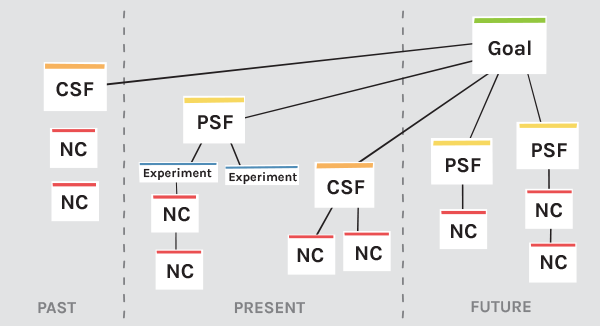
STRATEGIC TOOL
Agile Strategy Map ™
The second key part of the ORGANIC agility Strategic Tools, the Agile Strategy Map, embodies the principles of ORGANIC agility. It allows you to place your goal at the centre of your strategic planning, understand how to maintain your gains, and safely test multiple factors to discover what will bring you success in the future. Visual, intuitive, and collaborative, the Agile Strategy Map Tool, lets you connect the strategic and operational levels, make your process transparent, and engage everyone in your organization, empowering them to contribute to strategy execution and to observe its results.
MORE READING
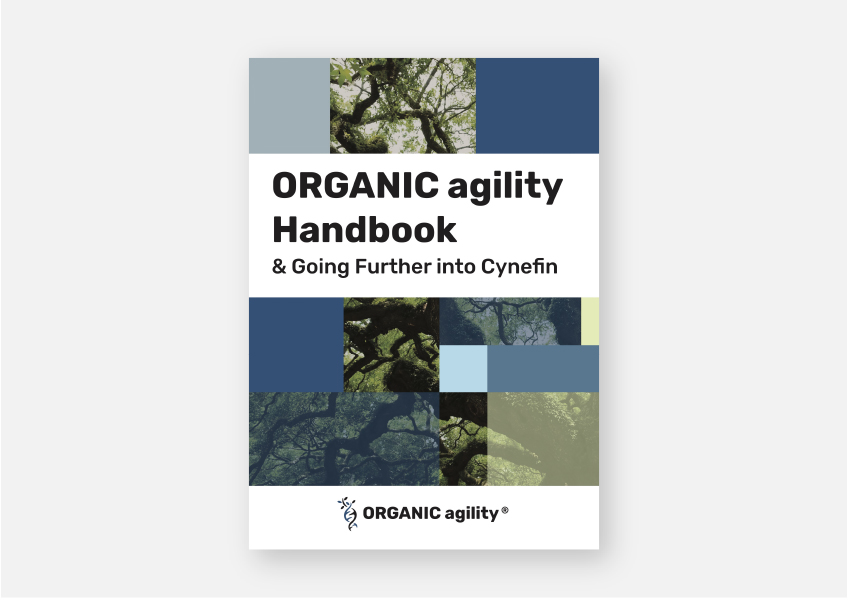
PUBLICATION
ORGANIC agility Handbook
Leadership & Organization
ORGANIC agility is our comprehensive approach to understanding the functioning of organizations in the market, how they change through internal and external interactions, and how we can influence that change to let a more resilient organization emerge. This handbook is ...

SUCCESS STORY
Siemens
-Thomas Eberharth
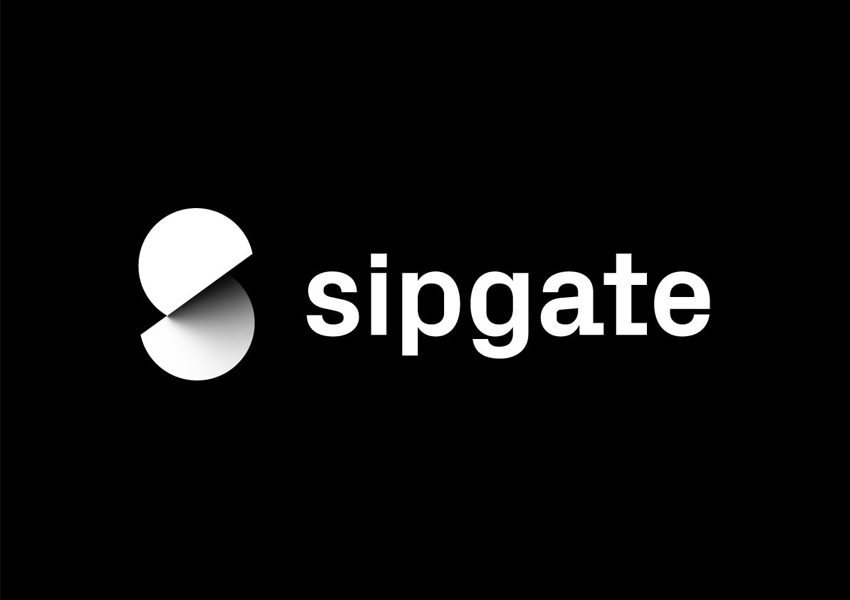
SUCCESS STORY
sipgate
Fast growth brought challenges as well as rewards to the telecommunications company from Düsseldorf, which in 2009 was struggling to structure its new, larger self and to create innovative products. With the help of agile42, within a year Sipgate not just overcame the crisis, but became a model of agility, literally writing a book on the subject.
